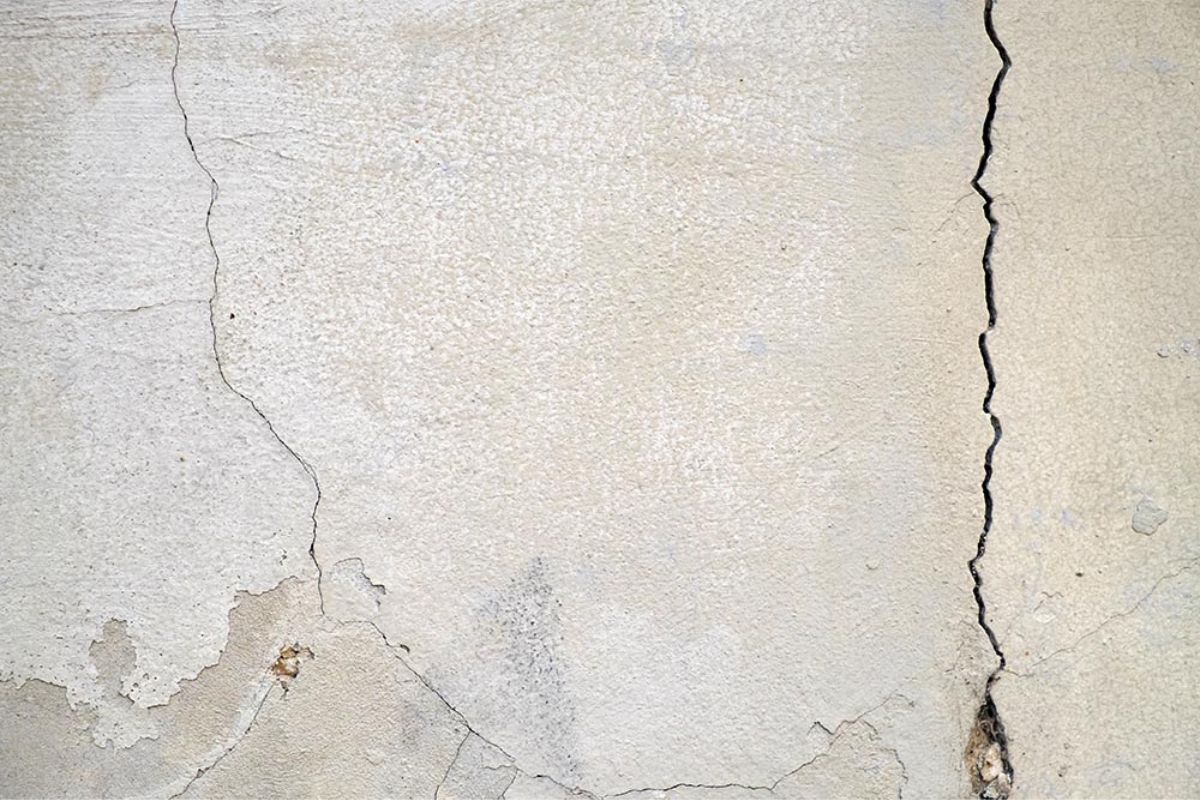Discovering wall damage is troubling enough without also worrying about what causes the types of wall cracks. However, knowing what lead to the cracks in the first place is essential for determining the solution.
When you have cracks in the wall, knowing what has caused them will make finding a lasting solution much easier. Read on to learn more about what causes wall cracks and what solutions are usually in order.
What Are the Types of Wall Cracks You May See?
Vertical cracks are somewhat common in walls, with soil settlement often a leading cause. Soil settlement creates a lot of foundation pressure, with the result often cracking. One of the most concerning things about vertical cracks is their ability to let in a lot of water.
Stair step cracks occur along the mortar joints on foundation walls, most often due to soil pressure or settlement. The pattern that these cracks form resembles stair steps. Whenever these cracks are present, foundation repair is necessary.
Horizontal cracks are the most serious, with heavy soil pressure being the most common culprit. This level of pressure usually occurs when the soil has become heavily saturated. Bowing or buckling is common with walls in this setting, as well, as the walls eventually cave in.
Types of Wall Cracks: a Closer Look at the Causes
One of the most common causes of many types of wall cracks is soil, such as expansive clay or another water-saturated soil pressing on the foundation. Horizontal or diagonal cracks can develop if the pressure level is high. Walls may end up displaced through bowing or tilting, as well as have cracks.
Heavy rainfall or a serious water leak may compress or wash away the soil under your foundation. Vertical cracks on the footing are possible when this happens. When the footing cracks, it will settle into the depression created by the water movement.
Shrinkage in the concrete or mortar can also cause cracks. These cracks are very small and narrow, do not grow, and have no impact on the foundation’s stability.
Although somewhat rarer, foundation defects can also cause cracks. If the reinforcement was lacking, the concrete was weak, or the footings were undersized, these could lead to cracks.
Why Consulting With a Professional Matters
When your walls have cracks, it’s often difficult to determine how serious they are without the experience that foundation contractors have. Some of the crack causes are relatively minor due to more slight movement. Homeowners without sufficient experience may think the worst when they see a crack that turns out to be something minor.
Likewise, it’s possible to treat a crack as being minor enough for a homeowner to handle when it requires further attention. Regardless of whether the crack seems minor or not, homeowners will do well to avoid trying to fill the cracks themselves. Someone without proper experience may use the wrong materials and end up making the situation worse.
Taking advantage of an inspection by a foundation specialist will benefit you in the long run. You will be able to find out how serious the cracks are and how soon they will require attention. Another advantage is being able to find out how much some of the possible solutions might cost.
How to Get Started If You’ve Noticed Cracks
Because repairing foundation cracks is not a simple task, you will need to get in touch with a foundation contractor like Olson Foundation Repair. Using a professional will help you discern whether you’re looking at a cosmetic or a more substantial repair.
Even if the issue isn’t serious now, it might become more serious in the future. If you’re concerned about the types of wall cracks present in your foundation, contact us today to see what we can do.

